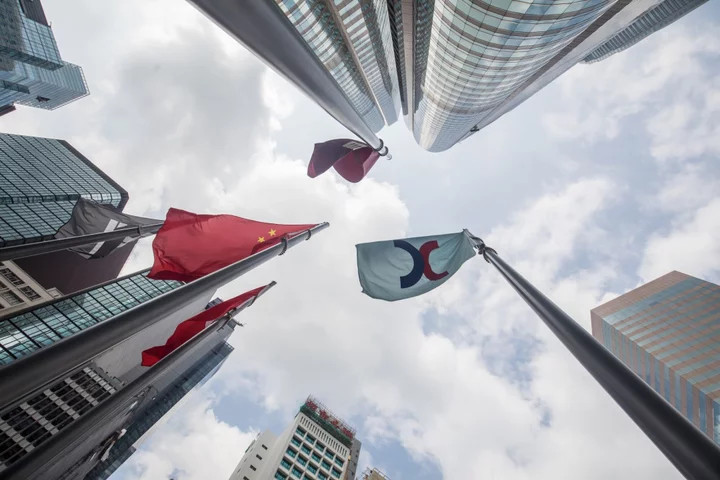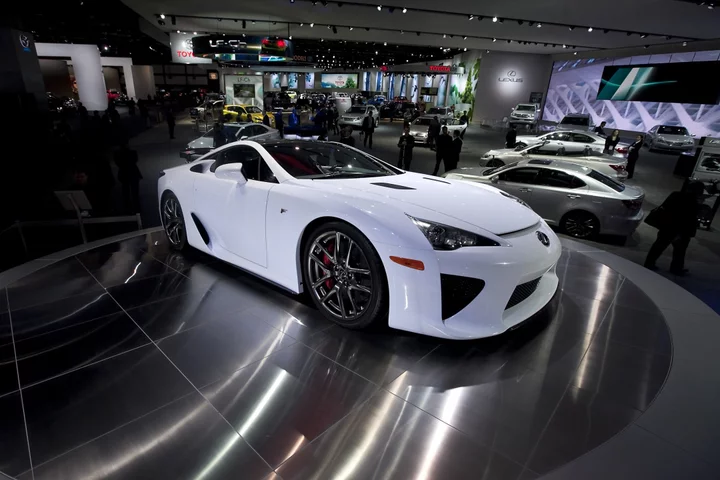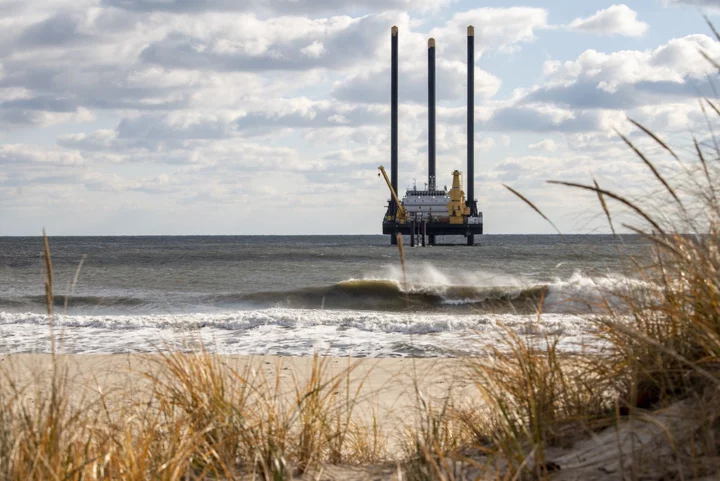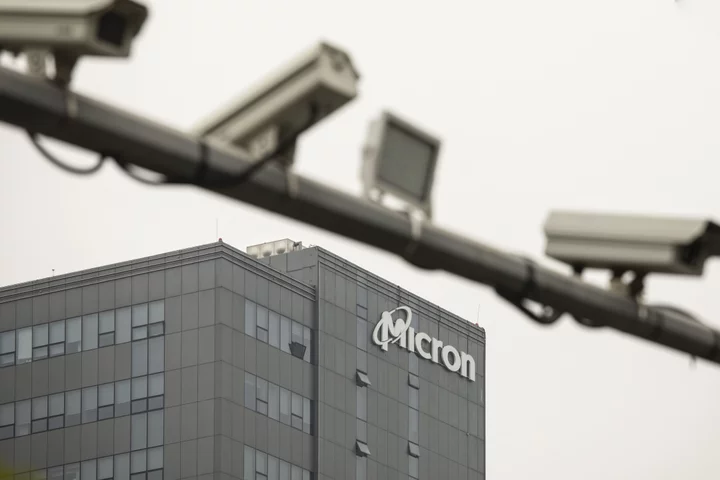Mobvoi, a Chinese artificial intelligence company and smart device maker, has selected banks for a Hong Kong initial public offering that could raise about $200 million to $300 million, according to people familiar with the matter.
The Beijing-based firm, which last month debuted its own AI large language model, is working with China International Capital Corp. and China Merchants Bank International to prepare for the first-time share sale, said the people. The IPO could take place as soon as this year, they said, asking not to be identified as the information is private.
Considerations are preliminary and details of the offering such as size and timing could change, the people said. A representative for CICC declined to comment, while CMBI and Mobvoi didn’t immediately respond to requests for comment.
With the early success of OpenAI Inc.’s ubiquitous chatbot, AI companies in China are rushing to roll out their own answers to ChatGPT and seeking more funding to fuel the sector’s growth. Beijing’s top internet overseer has published draft guidelines that would mandate a security review of generative AI services such as Mobvoi’s Xulie Houzi platform as well as models from Baidu Inc. and SenseTime Group Inc.
Read More: China AI Stocks Frenzy Loses Steam as Earnings Doubts Creep In
Founded in 2012 by a group of former employees of Alphabet Inc.’s Google, Mobvoi three years later attracted the US tech giant’s first direct investment in China since it withdrew its search engine from the country in 2010. Mobvoi is known to consumers as a maker of products including smartwatches and smart speakers, its website shows. Its AI software is used in services including finance, telecommunications and senior care.
Along with a strategic partnership with Alphabet, Mobvoi also drew Volkswagen AG as an investor and partner via a 2017 funding round and the forming of a joint venture. It also counts Sequoia and Zhenfund as backers. Mobvoi has roughly 700 employees and has offices in Seattle and Taipei in addition to its headquarters in Beijing, the website shows.









